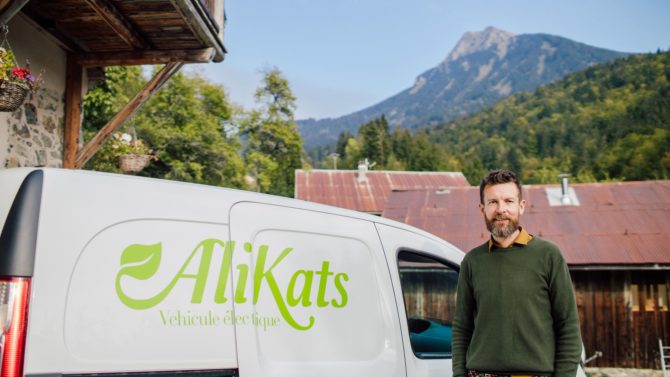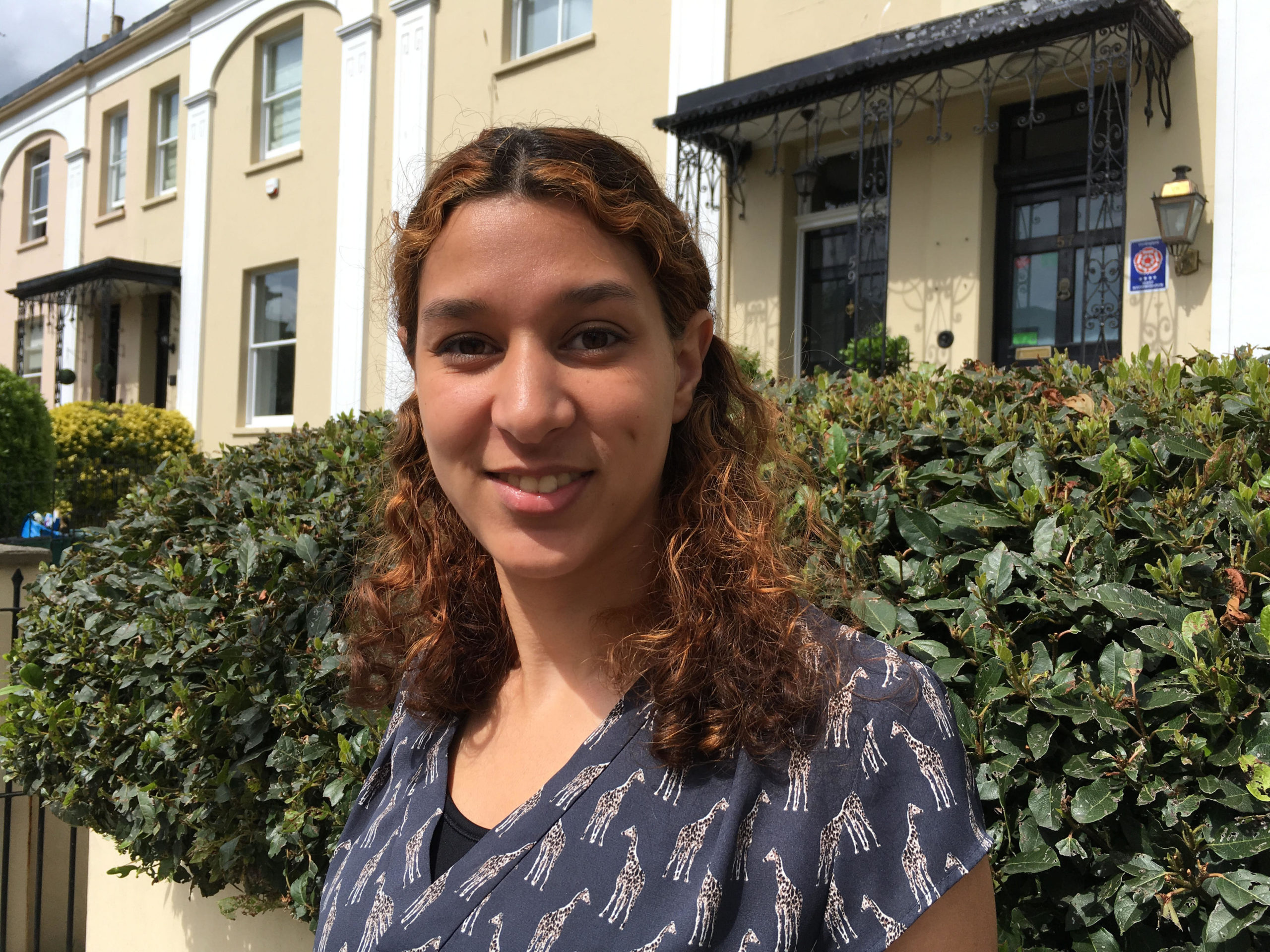Brits in France will make their chalet business carbon neutral by summer
AliKats is a catered chalet business in the French Alps offering comfortable stays in Morzine, Haute-Savoie. The beautiful chalets welcome guests in winter, for days on the slopes, and summer, for fun activity holidays, and hosts serve up quality food every day. However, owners Al and Kat Judge have been aiming for more than just financial success and customer satisfaction, they wanted to build a sustainable business that would be kind to the environment. “Kat and I have both been trying, for a few years now, to reduce our impact as much as possible and try and make our business sustainable in the long term in terms of the climate, people, and financially,” says Al Judge.

A chalet in a ski resort may not be the first thing you think of when planning an eco-holiday; maybe a forest treehouse, rustic hostel, or a camping trip would seem more planet friendly. But with a clever plan to measure and offset carbon emissions, and a commitment to making the business carbon neutral by June 2022, AliKats will be offering eco-friendly accommodation which doesn’t compromise on luxury.
“We are in the process of measuring everything that we do.” Al explains. “So, how much fuel we’ve put into our minibuses to drive them around, how much oil we use to heat the chalets, how much waste we produce – we physically weigh it – and once you’ve got all that data, we have a thing called a ‘carbon coefficient’. That tells us the amount of carbon emissions we have for a particular activity, and that’s measured in tonnes. We’re trying to reduce as much as possible and we are also going to invest in projects that are going to remove the equivalent amount of carbon from the atmosphere.”

Here are some of the ways Al and Kat are building an eco-friendly chalet business:
1. The chalets
The AliKats buildings are powered by renewable energy from river fed dams and the chalets are lit with LED lightbulbs. Al says they are also working towards using eco-friendly heating in the chalets: “We’re trying to slowly phase out those chalets that are heated through oil burners, there’s only two left, and then we really actively look for those that are already using renewable energy. An air source heat pump is a great example where it takes the energy from the air and translates it into heat in the chalet,” he says.
One of the elements they have not had to touch is the insulation. “The majority of our chalets are pretty well insulated because we’re in the Alps and people here are acutely aware of the need for good quality insulation anyway, and most of our chalets have been built in the last or renovated in the last 15 years,” says Al.
Al explains more about heat pumps in this video:
2. The food
AliKats’ chefs prepare meals in a central kitchen and the hosts serve it up to guests in their catered chalets. For the self-catered chalets there are optional meal deliveries, which just require reheating. With food such a huge part of the business, the team are mindful to source it in a sustainable way.
The AliKats menus always include one meat-free day per week and they are planning some fully vegetarian retreats. Catered meals also come with a little menu card that lets guests know exactly where their food came from. “We put menus on the guests’ tables so that they can read all about what they’re eating. We source the dairy from the farm right down the bottom of our road and we work with the butchers to find out where the meat comes from. We grow lots of our own stuff as well and use eggs from our chickens,” says Al. They are working on creating a ‘permaculture garden’ that will provide food all year round including a vegetable garden and fruit and nut trees.

3. Travel and transport
When the team go out for food shopping and deliveries, they drive a Renault Kangoo ZE, which is an 100% electric vehicle. AliKats plans to invest further in electric vehicles until the fleet is 100% electric.
They are also encouraging guests to travel to the resort by train. “Did you know, 75% of the carbon footprint of a ski holiday actually comes from the flight?” asks Al, “we are in the process of launching a new train initiative where we’re looking to get everyone who runs businesses in the town together to offer incentives to train travellers so that, when they get here, they can enjoy discounts on their accommodation, meals out, ski passes, and drinks in bars.”
4. Declaring a climate emergency
AliKats are part of Tourism Declares, a global community of 435 tourism organisations, companies and professionals. Members of the group are committed to a Climate Action Plan to cut emissions in half by 2030. On the AliKats website it says: “We believe it is the responsibility (and obligation) of businesses, like AliKats, to do whatever they can to preserve this earth for our future generations.”
Morzine is a small mountain town of 3,000 inhabitants with shops, boulangeries, fromageries, restaurants and lively bars. The attached Avoriaz resort, is situated 1,800m above sea level and gives access to the 650km of pistes for skiing and snowboarding in the Portes du Soleil ski area. In the summer, ski lifts are still active and give access to beautiful Alpine walks. The area is fantastic for mountain biking, while lakes and rivers are great for water sports. Plus there are ice rinks, swimming pools and a golf course to enjoy.
You can read more about AliKats’ green efforts on its sustainably hub or book a stay here.
Look out for more from Al on balancing family life with running a chalet business in France, in an upcoming issue of French Property News.
Share to: Facebook Twitter LinkedIn Email
More in France Travel, French activity holidays, Skiing in France




